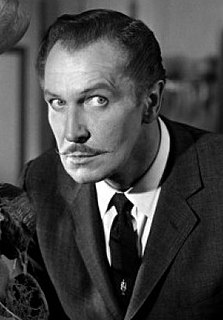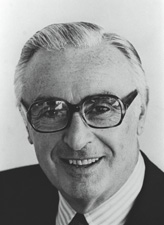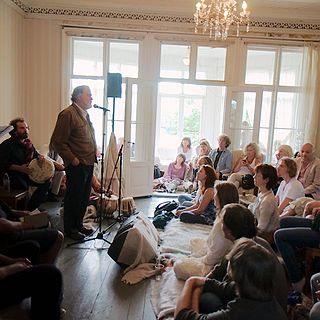A Quote by Virginia Woolf
I want to write a novel about Silence," he said; “the things people don’t say.
Related Quotes
The age of the book is not over. No way... But maybe the age of some books is over. People say to me sometimes 'Steve, are you ever going to write a straight novel, a serious novel' and by that they mean a novel about college professors who are having impotence problems or something like that. And I have to say those things just don't interest me. Why? I don't know. But it took me about twenty years to get over that question, and not be kind of ashamed about what I do, of the books I write.
Right at this moment, I only want silence. I believe that the end of life is silence in the love people have for you. I've actually been running through what people have said about the end. Religion says that the end is one thing, because it serves their purpose. But great thinkers alike haven't always agreed. Shakespeare knew how to say it better than anyone else. Hamlet says 'The rest is silence.' And when you think of the noises of everyday life, you realize how particularly desirable that is. Silence.
I don't impose political responsibilities on my fiction. The last thing I would ever want to do, for example, is write a novel that would appear to want to tell people what to think about the immigration debate, and I would never write a novel whose sole ambition was to give a "positive" view of immigrants. I'm for open borders, by the way - down with the nation state!
I find interesting characters or lessons that resonate with people and sometimes I write about them in the sports pages, sometimes I write them in a column, sometimes in a novel, sometimes a play or sometimes in nonfiction. But at the core I always say to myself, 'Is there a story here? Is this something people want to read?'
Someone wanted me to write a profile for ESPN about the commissioner of baseball, and I said, "He's just some suit! Some Republican. No!" I mean if you want me to write about baseball, boxing or football, I'll write about those things because I watch them, I think about them a lot and I like them. But I don't want to write about Barry Bonds.
I am careful about fiction. A novel is not a tract or an essay. If I want to write about land reforms, or Hindu-Muslim relations, or position of women, I can do it as it affects my characters as in 'A Suitable Boy.' I could only write about issues specifically through essays. But I'll do that only if I have something worthwhile to say.
I want to say that I can be Moroccan and speak about someone without speaking about his nationality. Because, you know, I have the feeling that when you come from Morocco, when you come from Afghanistan, when you come from Africa, Occidental people always wait for you to write a novel about identity.


































